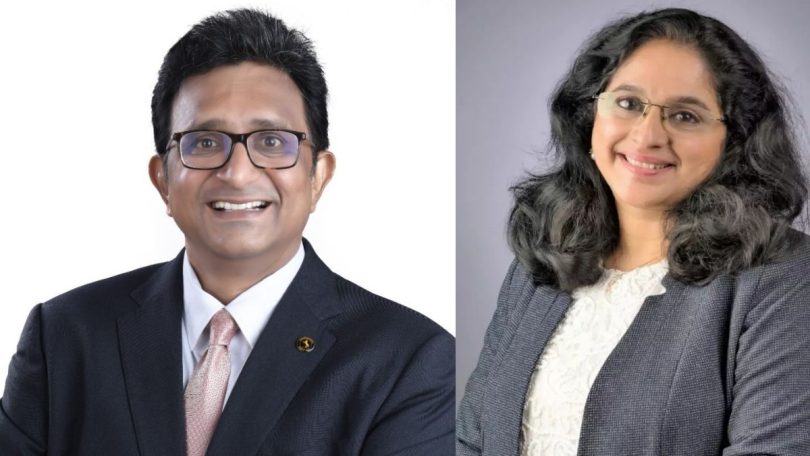[ad_1]
India is slowly gaining popularity in the global automotive business in many ways. Carmakers such as Hyundai and Kia export big volumes to other countries from here, while homegrown two-wheeler manufacturers such as Bajaj, TVS, and Hero MotoCorp export a large number of motorcycles and scooters to many countries around the world from here.
Apart from vehicles, India is also seeing a boom in automotive technology, and tier 1 suppliers like Bosch has based its R&D business here to cater to the world, while Volvo recently inaugurated its Tech centre in Bangalore, which is the largest of its kind outside Sweden.
Following the wave, Continental has also opened its Technical Center in Bangalore, with an investment of Rs 1000 crore. Spread across one million sq ft and with the ability to accommodate 6,500 employees, the new facility will work on solutions for the global market, as well as India-specific ones. The new Technical Centre will focus on five business areas — Autonomous Mobility, Architecture and Networking, Safety and Motion, Smart Mobility, and User Experience.
Continental will rely on one of India’s biggest advantages — talent. India produces a large number of engineers every year, which is crucial for a technology company to set up its R&D facility here. Continental uses a lot of accident data to finetune its components as the majority of them are software-driven, and that’s where the Technical Centre comes into play.
“In a modern vehicle, there is a lot of data captured during an accident,” says Prashanth Doreswamy, President and CEO, Continental India. Data such as this help component makers because they get a better picture of what exactly happened — the speed of the vehicle, if the brakes were applied on time, etc.
“However, such data varies depending on the country and scenario, as India has its unique challenges,” adds Latha Chembrakalam, Head of Technical Center India, Continental Automotive.
One of the key aspects of bringing technology to the masses is the cost. When components are localised, they can be kept down, but availability is a concern. The CEO recalls when Continental was setting up its ABS manufacturing, “We invested two years before the government mandate came in and started assembly. We also went ahead and vertically integrated ECU manufacturing, but we still import the aluminium as we are still not able to find anyone to do these precision products,” he adds.
Continental finally brought in Nisshinbo, one of its joint venture companies from Japan, and now, the ABS units are 100 percent localised. The company will soon localise other components, such as telematics control units and airbag controllers, as India’s moving towards making multiple airbags mandatory in passenger vehicles.
Apart from the availability of materials, other factors affect the localisation of components. “Skillset is a concern as advanced products need precision knowledge which we lack, but we are looking at other programmes to tackle this situation like upskilling and reskilling our employees. Automation is also another way we are addressing the situation,” adds the CEO.
Maintenance of equipment is also a challenge, but with the help of AR and VR, Continental can tackle this situation. A person here can interact with a service technician based in Germany in real-time to get parts replaced or fixed. Finally, spares and their availability needs to be addressed. “We have a 3D printer, so we can print the components and get the equipment running,” adds Doreswamy.
[ad_2]
Source link








